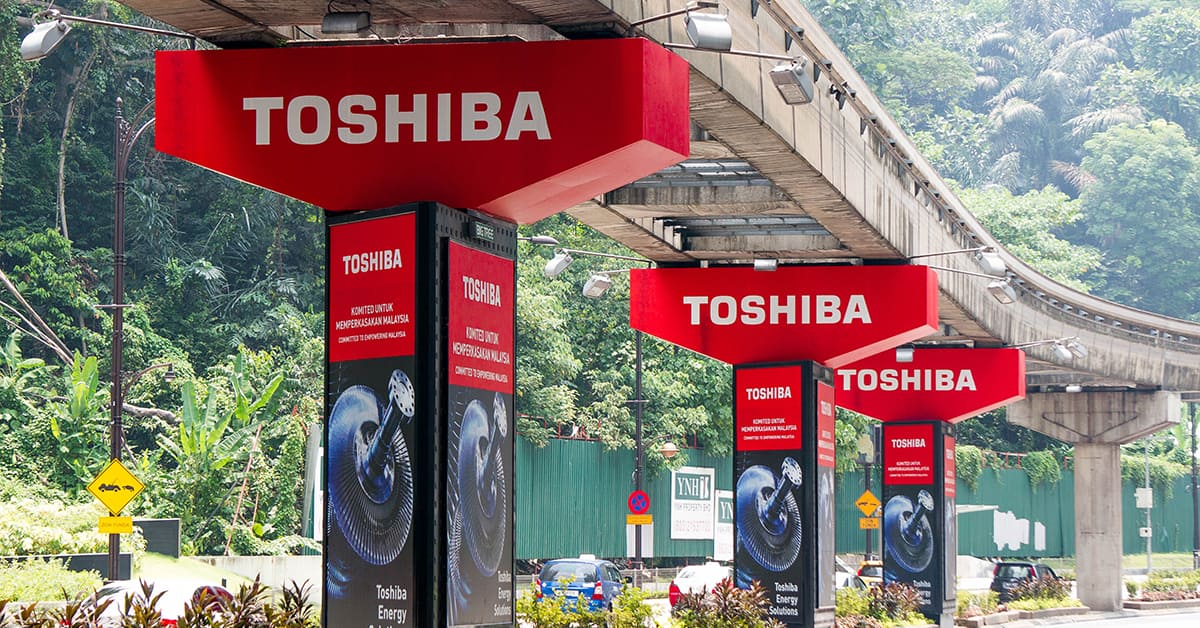Toshibahas been in conflict with activist shareholders since a 2015 accounting scandal, followed by a massive write-down on its nuclear business the following year.

A record take-private offer from a group led by a local private equity firm could conclude years of speculation over the fate of beleaguered Japanese conglomerate Toshiba.
The latest $15 billion proposal—led by carve-out specialists Japanese Industrial Partners (JIP) last month—came just before a series of humiliations for the 147-year-old company that comprised the resignation of its COO over an expenses scandal and a 90% fall in its quarterly operating profit to 5.3 billion yen (about $39.4 million) that caused its share price to fall further.
The new offer has secured financing and although it is still awaiting shareholder approval, it is considered more likely to go through. The JIP-led consortium is the latest in a long line of private equity suitors that have shown interest in buying Toshiba since it was put up for sale earlier this year. The industrial giant previously had separate offers from the likes of CVC, Brookfield and Bain Capital.
“Fundamentally the business needs to be reorganized,” says Jochen Ellrott, a Tokyo-based M&A lawyer with Freshfields Bruckhaus Deringer. “It can’t go on like before, regardless of whether KKR, Bain or a consortium led by JIP buys it.”
The company has been in conflict with activist shareholders since a 2015 accounting scandal, followed by a massive write-down on its nuclear business the following year. The group had originally intended to split its core business into three segments, but shareholders rejected that plan in favor of a management change and restructuring.
The company has already shed several business units in recent years including the $6.2 billion sale of its medical equipment business to Canon in 2016; Bain Capital’s $18 billion acquisitions of its chip business in 2018; and more recently, the $869 million sale of its 60% stake in air-conditioning business Toshiba Carrier. More divestitures from the business are considered likely.
“The question is how many [divisions] will be considered non-core by the new ownership,” adds Ellrott. “I am pretty sure that they are going to be in divestments and that private equity buyers, while not getting the full deal, will be waiting for those divestitures to come through when this deal is consummated.”



